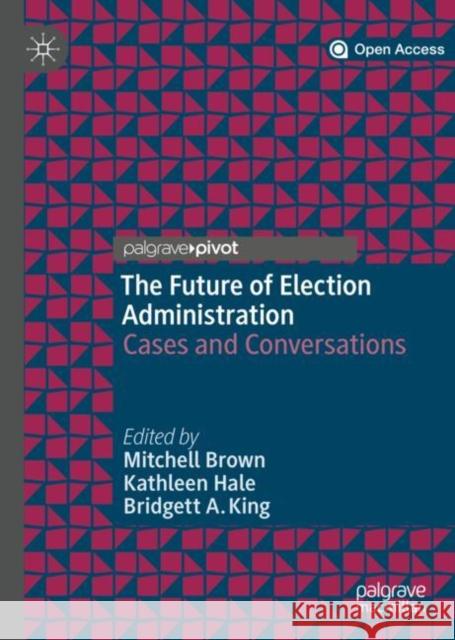The Future of Election Administration: Cases and Conversations » książka
topmenu
The Future of Election Administration: Cases and Conversations
ISBN-13: 9783030185404 / Angielski / Twarda / 2019 / 266 str.
Kategorie:
Kategorie BISAC:
Wydawca:
Palgrave Pivot
Seria wydawnicza:
Język:
Angielski
ISBN-13:
9783030185404
Rok wydania:
2019
Wydanie:
2019
Ilość stron:
266
Waga:
0.62 kg
Wymiary:
21.01 x 14.81 x 2.39
Oprawa:
Twarda
Wolumenów:
01
Dodatkowe informacje:
Wydanie ilustrowane











